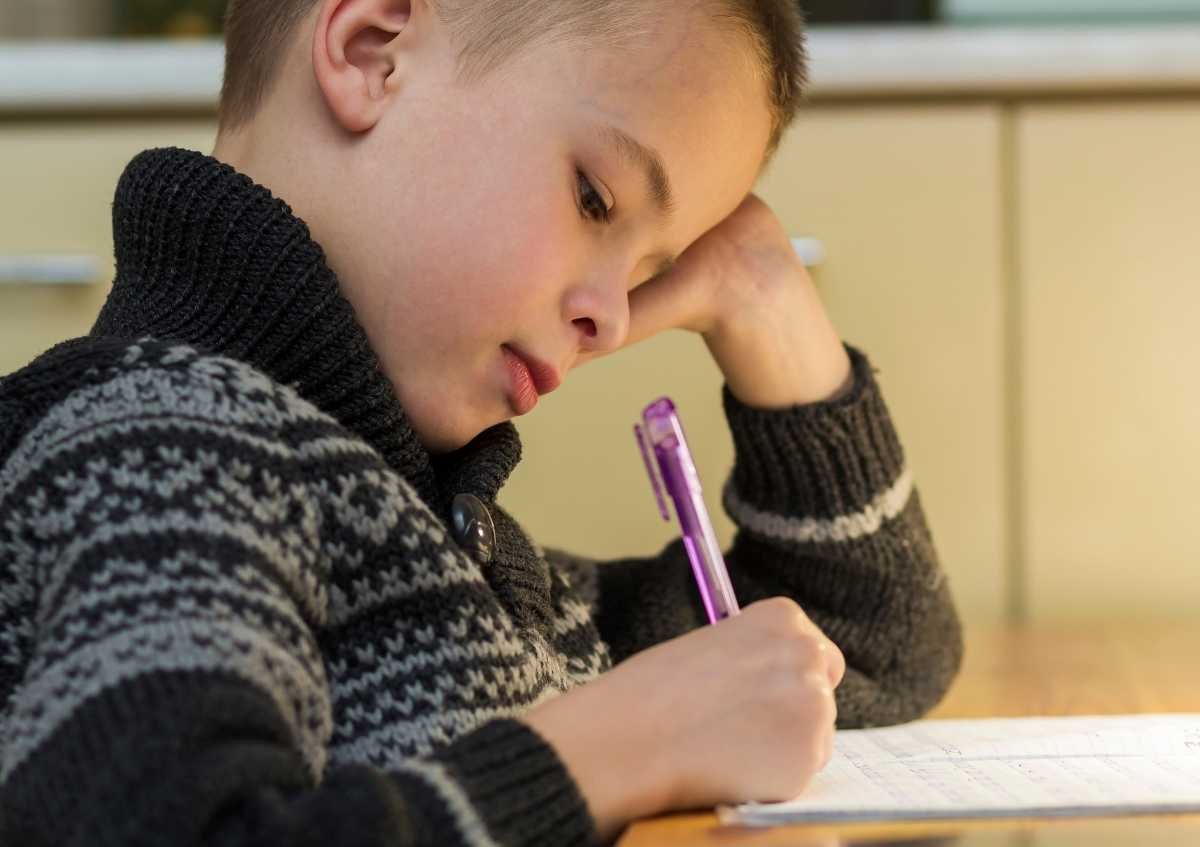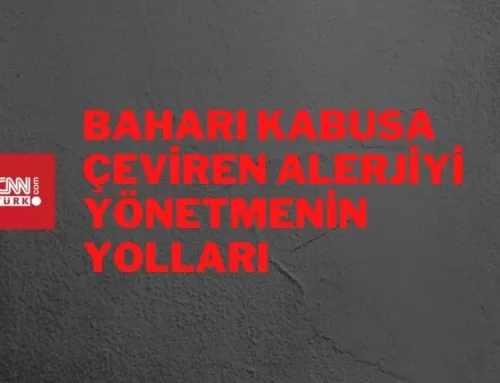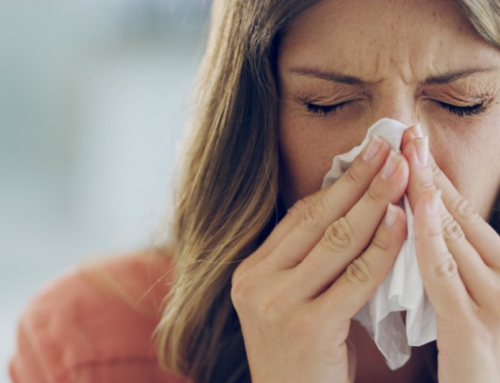CNNTÜRK – September 7, 2021
With the initiation of face-to-face education, children also gained access to their friends and school environment. However, this also marks a new era for children who have been away from crowded environments such as service rooms and classrooms for a long time, especially those with problems such as asthma and allergies. Because children who have been exposed to fewer allergens and microbes for a long time will have to encounter more microbes, allergens and viruses that can cause flu infections with the transition to the school environment. So how can we prevent an increase in allergy and asthma symptoms? Child Allergy Immunology Specialist Prof. Dr. Ahmet Akçay listed the precautions that families can take for their children.
Pediatric Allergy Immunology Specialist Prof. Dr. According to the information given by Ahmet Akçay, there is an increase in flu infections in the first semesters of school. In addition, children with allergies and asthma also face more triggers, so asthma and allergy symptoms exacerbate. For this reason, it would be beneficial for parents to visit the school and take precautions by identifying potential triggers according to the child’s health status, and to inform the school administration and teachers about their child’s health status. On the other hand, treatment protocols should be continued.
Prof. Dr. According to Ahmet Akçay’s statements, allergic asthma is a common condition in childhood. Stating that these complaints are increasing day by day, Prof. Dr. Akçay states that poorly managed allergies will reduce the quality of life of the child and also affect his school success. For this reason, he states that while taking precautions against allergens, the child’s asthma and allergies should be treated under expert control. prof. Dr. According to Akçay’s information, poorly managed asthma can cause permanent damage to the child.
Symptoms of Allergic Rhinitis in a Child
Sneeze
Runny nose
Tiredness
Headache
Eye watering and itching
Depending on the symptoms;
Attention and concentration problems
Low activity and energy due to deterioration in sleep quality
In addition to the school administration and families, children also have a responsibility to take measures to protect themselves from the coronavirus in schools. For this reason, parents and educators need to inform children about the precautions. According to this;
Inform your children about the importance of social distancing, mask use and hand hygiene.
Train and practice your child how to use the mask.
Teach him to put on and take off his mask without touching the fabric side of the mask.
Always have a spare mask with your child.
Advise others not to touch or wear their mask.
Warn your child with allergic rhinitis not to touch his nose, eyes and face frequently.
Inform about more frequent hand washing.
Explain the correct hand washing methods and warn him to wash his hands frequently
You can practice handwashing with your child at home so that your child washes their hands frequently.
Hands should be washed with soap and water for at least 20 seconds.
Tell your child to wash their hands before and after eating, after sneezing, coughing, or after touching something.
Instruct him to use hand sanitizer when soap and water are not always available.
Always have hand sanitizer in your school bag.
Clean and disinfect frequently used surfaces, use chlorinated products in a controlled manner.
Cleaning and disinfecting frequently touched surfaces regularly helps reduce the risk of disease.
Frequently touched items such as doorknobs, faucets, keyboards, tablets and phones need to be disinfected regularly.
Classrooms need to be ventilated regularly.
Classrooms for children with allergic asthma need to be cleaned with cleaning materials that do not contain chlorine, have no odor or have little or no odor.
The lungs and noses of children with allergic diseases are sensitive and can be affected by odors very easily.
Cleaning products containing chlorine in toilets and sinks should be used especially in the evening. Because chlorinated cleaning materials contain more odor. These odors cause worsening especially in children with asthma and allergic rhinitis. After the cleaning in the evening, airing the classrooms ensures that the odors are reduced until the morning.
Since the coronavirus period continues, it would be beneficial to vaccinate your children against the normal influenza flu. The two conditions can be difficult to distinguish, as the symptoms of influenza infections can be similar to those of coronavirus infection. During the school period, children and people in the risk group should also have the flu vaccine.
Get your child vaccinated against the coronavirus
In our country, vaccination against coronavirus has started for children over the age of 15 and over the age of 12 with chronic diseases. Recently, the Biontech vaccine has started to be administered to children in our country.
Pediatric Allergy Immunology Specialist Prof. Dr. Ahmet Akçay underlines that it is extremely important for children to be vaccinated against coronavirus. prof. Dr. According to Akçay’s statements,
Studies show that the vaccine is extremely protective in children aged 12-15.
For this reason, children with asthma need to be vaccinated against the coronavirus.
It is highly recommended that your child over 12 years of age who has chronic asthma should also be vaccinated.
How to understand the difference between allergy and coronavirus symptoms in a child?
Fever, cough, sore throat are common symptoms of coronavirus.In allergic rhinitis, symptoms such as sneezing, watery eyes, and runny nose are at the forefront. Symptoms such as fever, headache and muscle pain seen in coronavirus are not among the allergic symptoms.






